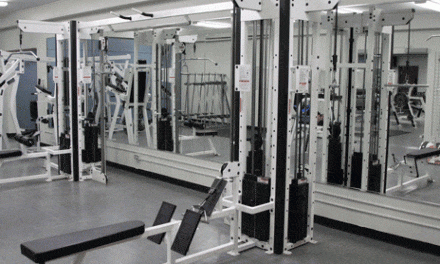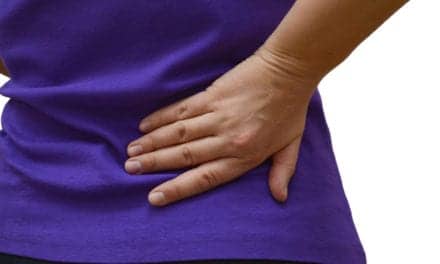A review study from a third-year doctoral student suggests that the amount of caffeine in a morning cup of coffee could help improve athletic endurance.
Simon Higgins, a third-year doctoral student at the University of Georgia’s College of Education, reviewed nine randomized control trials that specifically used coffee to increase endurance.
Among the nine trials, Higgins found that between 3 and 7 milligrams per kilogram of body weight of caffeine from coffee increased endurance performance by an average of 24%. The amount of caffeine in a cup of coffee can vary from 75 mg to more than 150, depending on the variety and how it’s roasted and brewed, explains a media release from the University of Georgia.
“This is helpful for athletes because coffee is a naturally occurring compound,” Higgins says in the release. “There’s the potential that getting your caffeine by drinking coffee has similar endurance benefits as taking caffeine pills.”
In the nine trials, participants either cycled or ran after drinking coffee. They then exercised vigorously, and the results were measured. In a majority of cases, endurance was noticeably improved after the use of coffee, per the release.
Higgins notes in the release that coffee shouldn’t be dismissed as less beneficial for endurance. Rather, he suggests that coffee appears to be just as helpful as taking caffeine in the form of powder or tablets.
“There’s a perception that coffee won’t give you the same benefits as pure caffeine,” he states in the release. “New research could mean that athletes could have a cup of coffee versus taking a pill.”
However, Higgins warns in the release that there is a caveat to athletes using coffee: “Be careful, because you don’t know how much caffeine is in some coffee, especially when it’s prepared by someone else,” he says. “Athletes should run their caffeine use through their sports dietician, as the NCAA lists it as a banned substance.”
The study was published recently in the International Journal of Sport Nutrition and Exercise Metabolism.
[Source(s): University of Georgia, Science Daily]





